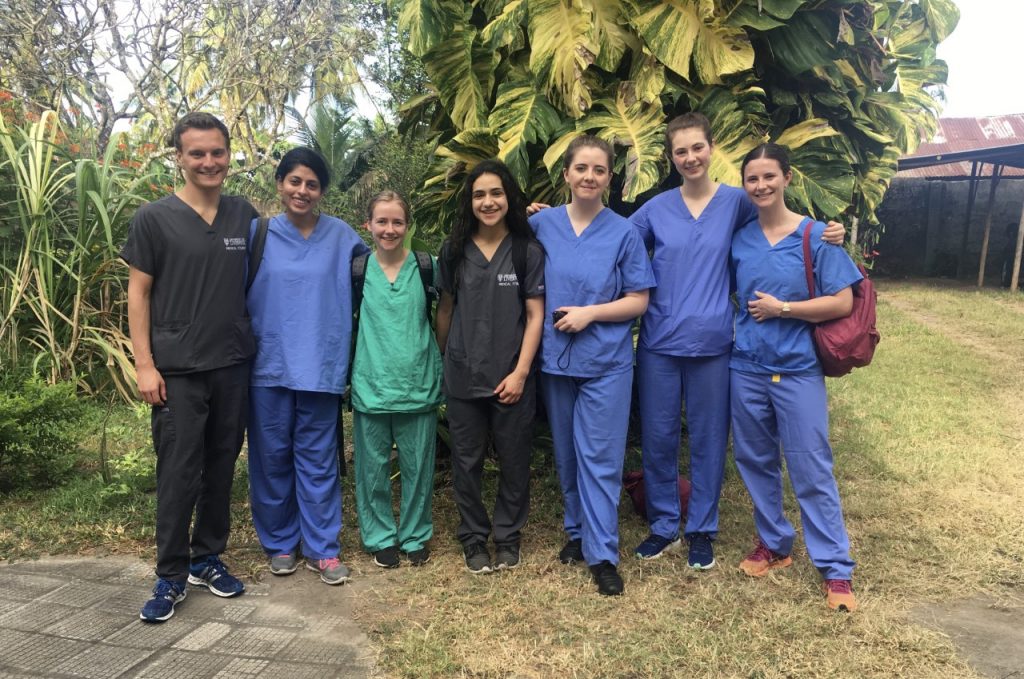So, you’d like to go to Medical school… here is some valuable advice on preparation and applications from 4th year medic, Ailie.
The process from making the decision to become doctor to walking into the first day of university may seem long and challenging but fear not, there are lots of brilliant resources to help! I would recommend having a look at the very thorough application guide at www.themedicportal.com. But first, here are my top 5 tips!

1. It’s never too early to start thinking about your personal statement.
Try to stand out, medical schools expect to hear about why you are dedicated to this path and why you deserve the heavily coveted place (very hard to fit into 4000 characters!). Ideally, you want as much medical work experience and volunteer work as possible to show you have explored the field and are willing to care for those around you. As it can be hard to find, start early and seize every opportunity.
2. Pick the right A levels
Most medical schools require 3 A’s at A level, although some require an A* or 2, and require certain subjects. Almost all want at least two science subjects, generally including biology, chemistry, physics or maths. Some are more specific, so it pays to check before you choose subjects and before you apply. However, remember that A levels require a lot of work and it is important to pick subjects you are interested it.
Newcastle University doesn’t require any specific A Level subjects for Medicine, they teach you all the Biology you need once you start the course.
3. Choose the right university for YOU.
You can only apply to 4 medical schools out of the 33 on UCAS and there’s lots of factors to think about including distance from home (not to be underestimated), campus vs city university, cost of the city/accommodation/transport. The structure of the course is very important, think about how well it fits with your individual learning-style. Some medical schools have a traditional teaching format comprising of mainly lectures, some teach problem-based learning where groups of students learn through case-studies independently. Other medical schools lie somewhere in the middle, luckily all of this information is available online. Remember to apply to your strengths!
4. Admissions tests.
Most medical schools require one of two admissions tests, UCAT or BMAT, that play a big in role in who they invite to interview. UCAT is an aptitude test with 5 sections, supposedly you can’t prepare for it but there are great books with practise questions. BMAT has 3 sections: an aptitude section, science knowledge and written communication, again practise is vital.
Newcastle University requires the UCAT test and uses these scores as an indicator of who to invite to interviews.
5. Interview preparation is key.
Make sure you know what kind of interview to expect. Some medical schools have a traditional panel interview’s while others, including Newcastle, have multiple mini interviews (MMI). Often, you’ll be asked to talk through your personal statement so make sure you know it through and through and can expand on what you have written. You may also be asked how to respond to an ethical dilemma or to comment on current events in healthcare, a mock interview can help refine your skills.
And remember, although competitive, getting a place at your ideal university is very achievable with hard work in all the right areas. Don’t be disheartened if you don’t get in first time. MANY of my course mates took a gap year, worked on their personal statement, gained some life experience and were much more prepared a second time around.
Good Luck!